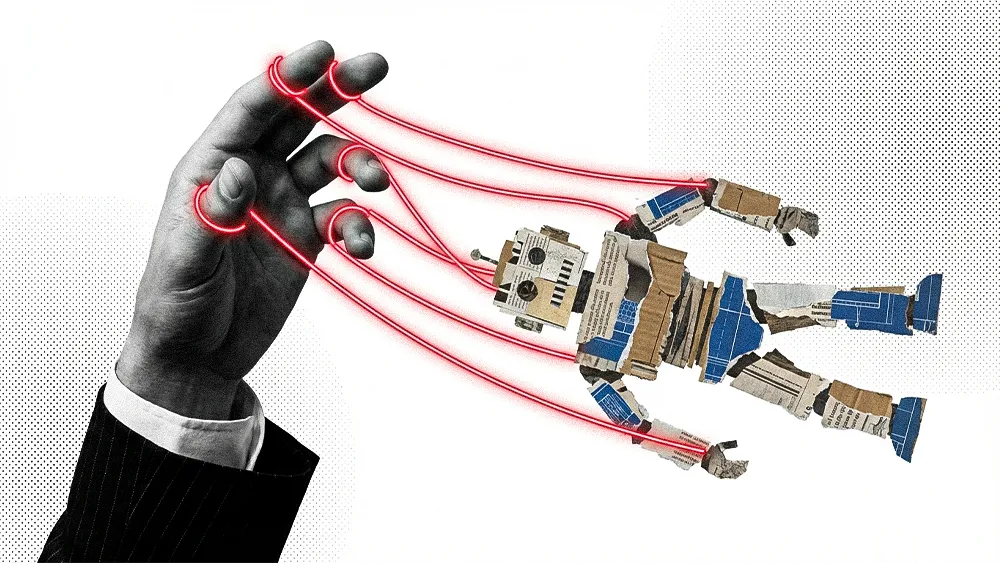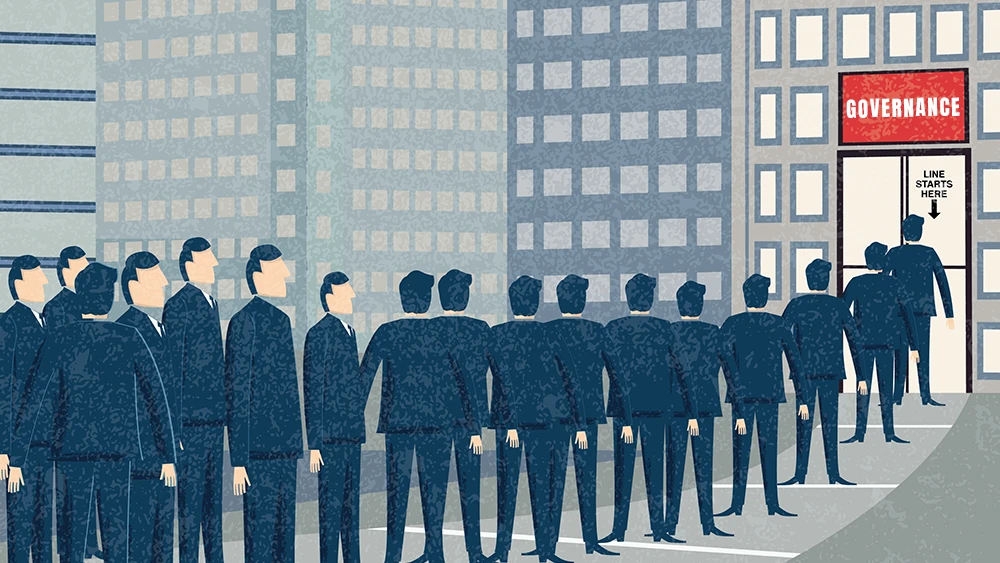The Chief Data and AI Officer’s role is being recast. No longer simply a policy gatekeeper, today’s leader must act as an "orchestration architect" who governs technology, educates stakeholders, enforces access controls, and understands how autonomous agents interact with sensitive data and core business systems in real time. The biggest risk is no longer slow adoption, but ungoverned sprawl.
We spoke with Sunil Soares, Co-Founder and CEO of governance Agent-as-a-Service company Tavro AI, to make sense of the shift. A three-time founder, author of 13 books on data management and AI governance, and a former Director at IBM, Soares has spent his career at the intersection of data, governance, and enterprise strategy. He argued that for all the futuristic promise of AI, the most critical skill for leaders is a return to a fundamental, hands-on understanding of the technology they wield.
"AI literacy is critical. In fact, Article 4 of the European Union AI Act actually mandates AI literacy. If you are the Chief Data, AI, or Digital Officer, you cannot just say, 'I understand policy,'" Soares said. "You have to understand how these technologies work. If you're rolling out Microsoft Copilot, for instance, you need to test it carefully to ensure that when someone requests access to their own email, they are not inadvertently granted access to the CEO's inbox."
As departments from supply chain to marketing independently deploy their own AI agents, organizations face a critical governance challenge. This "proliferation of agents," as Soares described it, introduces a host of new risks, from data bias and hallucination to severe legal and reputational damage. The solution, he explained, requires a new layer of oversight.
Guardian agents: "You're going to need agents to govern other agents," Soares stated. He referenced an emerging concept that Gartner calls 'Guardian Agents'—specialized systems designed to oversee other agents. "You want to make sure you get a catalog of the agents that are spreading all over the organization. Then you need to have the proper risk assessments done on those agents and the right guardrails in place."
Those risks are not theoretical. Soares cited a public story about Air Canada, where a chatbot misrepresented the airline’s bereavement fare policy to a customer. A Canadian tribunal ultimately held Air Canada responsible for its chatbot’s error, establishing a clear legal precedent. The financial damage was small, but the implications were enormous.
This evolving legal landscape, where it’s not always clear who is actually responsible when an agent makes a mistake, is forcing a reckoning in boardrooms. The contrast between Tesla, which places liability on the driver for its Full Self-Driving system, and companies like Waymo and Volkswagen, which assume liability in certain cases, highlights the fragmented and high-stakes nature of AI accountability.
To manage these risks in real time, organizations cannot rely on the buzzword of a "human in the loop." In practice, Soares argued, the very nature of real-time agents is to take the human out of the loop, making automated, technological guardrails the only viable solution. But effective governance goes beyond simply preventing negative outcomes; it’s about actively shaping an agent's identity to reflect the company's brand and values, a critical concern for any established enterprise.
Assuming the persona: "The agent has to assume the persona," Soares explained. "If you're a human customer service rep, you go through training and you understand the brand and how it applies to your persona. In the same way, you've got to think about an agent adopting the brand and the persona of the company."
AI as a copilot: This shift places an immense burden on the data governance function, a department that Soares noted has traditionally struggled to find enough people to do what is often "soul-sucking work." He sees AI not as a threat to white-collar jobs, but as a long-awaited solution to a chronic talent shortage for the tedious but critical tasks of data stewardship. "From a data governance perspective, you often couldn't find enough people to manage the process. But now with agents, you empower these people to spend less time and get the same results. You as a practitioner will be able to use agents as your copilot to make you more productive."
For all the discussion of guardian agents, corporate personas, and copilots, Soares brings the conversation back to a timeless truth. To secure the adoption and budget for these advanced initiatives, leaders must speak the universal language of the C-suite. The technology may be new, but the pitch remains the same.
"Things haven't changed. You still have to make sure you know who your stakeholders are and what problem they have. You have to bring them all together and understand how you can roll out a program that helps those stakeholders ultimately cut costs, grow revenue, or reduce risk."









